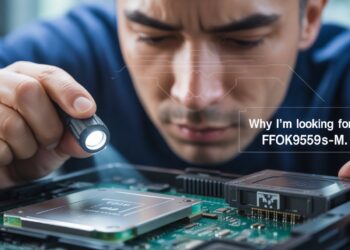In every swimming pool, there’s a circulation system that plays a crucial role in maintaining the water’s quality. The heart of this system lies in the swimming pool pump, which functions like the human heart. The pool pump’s primary function is to circulate water throughout the pool, ensuring it stays clean and filtered. However, like any mechanical equipment, pool pumps have a finite lifespan and will eventually require replacement. In this article, we will cover six signals that indicate it’s time to bid farewell to your old pool pump and embrace your pool experience with a new, modern, energy-efficient system.
Unusual Noises
Pool pumps are designed to operate with minimal noise, so any unusual or loud sounds should be cause for concern. If your pool pump emits grinding, screeching, or rattling noises, it may indicate worn-out bearings, damaged impellers, or other internal issues. Ignoring these noises may lead to more significant malfunctions and potential damage to the entire pump system.
Visible Leakages
Leaking from any appliance is never a good sign, and pool pumps are no exception. Air leaks in the pump can be caused by loose pump lids or disconnected valves, resulting in constant bubbles appearing in your pool. On the other hand, if you observe water puddles or wet spots around the pool pump, it’s a clear indication of water leaks. In addition to water wastage, leaks cause additional harm to both the pump motor and its electrical components. Replacement might be the best solution to avoid potential hazards and water loss.
Age of the Pool Pump
As your pool pump starts to age, it requires a little extra attention to maintain its efficiency and functionality. Older pumps demand more frequent servicing to ensure they continue to operate at their best. However, when pool pumps reach their second or third decade of life, repairing them can become increasingly expensive and challenging. So, it may be time to seriously consider a full replacement, especially if breakdowns after repairs are becoming a common occurrence.
Frequent Repairs
If your pool pump seems to require constant repairs to maintain its operation, it might be more cost-effective in the long run to invest in a new pump. While occasional maintenance is normal, a pump that frequently breaks down is a sign that its overall condition is deteriorating. Continuously fixing the same issues can quickly become a drain on your finances and your patience.
Pump Keeps Shutting Off
Sometimes, your pool pump may encounter issues with starting or frequent shutdowns, which can be attributed to various factors. These may include overheating, an inadequate power supply, obstructions in the vents, or a damaged capacitor. When your pool pump continuously turns off unexpectedly, its overall performance and efficiency can be adversely affected, potentially leading to difficulties in maintaining a clean and hygienic pool.
Excessive Energy Consumption
An ageing pool pump often becomes less energy-efficient, resulting in higher electricity bills. If you notice a sudden spike in energy consumption without any other notable changes in your pool’s usage patterns, it could be an indication that your pump is not performing optimally. Buying a modern, energy-efficient pool pump from any pool supplies stores has a lot of benefits. Beyond just long-term cost savings, it also actively contributes to creating a greener and more sustainable pool system.
Verdict
Knowing when to replace your pool pump is essential for the overall maintenance of your swimming pool. Keep a close eye on the age of the pump, strange noises, frequent breakdowns, leaks, and inadequate water circulation. By recognising these signs and addressing them promptly, you can ensure your pool pump operates at its best, maintaining crystal-clear waters and lowering your energy costs.





